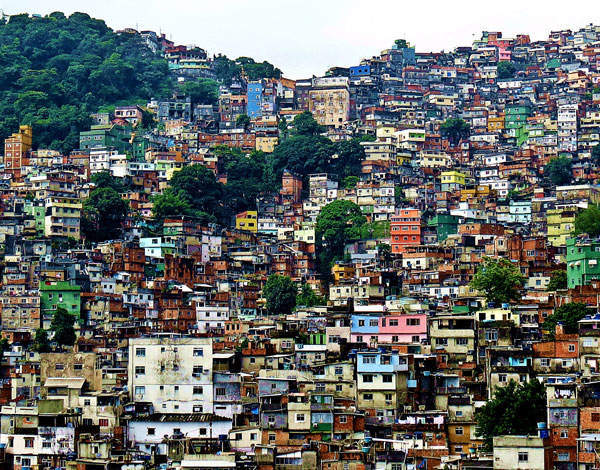

Global wealth has reached a new record of $263 trillion, a new study has found, but inequality is also increasing, not least in the UK. According to the 2014 Credit Suisse Global Wealth Report, the world’s aggregate wealth grew by 8.3 per cent in the twelve months to mid-2013, equivalent to $20 trillion more than the year before.
While inequality generally dipped in advanced economies, the UK was an exception, being the only G7 country which saw inequality rise between 2000 and 2014. Together with France and Italy, it was also one of only three advanced countries to record an increase in wealth concentration since the financial crisis in 2007/8.
Growth was boosted by recovery in developed markets, with North America contributing the most – together, the US and Canada saw wealth rise by 11.4 per cent to $91 trillion, representing 34.7 per cent of the world’s total wealth. Despite the ongoing eurozone crisis, wealth in Europe also increased by 10.6 per cent to $85.2 trillion.
Emerging countries, which performed well during the financial crisis, recorded slower growth in the year to mid-2014. Household wealth in Asia-Pacific (including China and India), for example, only rose by 3 per cent to $49.8 trillion during the period, while Latin America remained at about the same level, declining by 0.1 per cent to $9.1 trillion.
However, concentration of wealth also increased during the period. According to the study, there were 35 million individuals with net worth of more than $1 million in mid-2014 but they held 44 per cent of total wealth. Last year, there were 32 million millionaires and they controlled 41 per cent of global wealth.
Wealth inequality, however, has fallen slightly in Europe and North America since 2000, the study added. It suggested that this was perhaps due to the fact that wealthy individuals lost ‘proportionally more’ than lower-income people during the crisis.
Unlike other wealth studies, the Credit Suisse Global Wealth Report looks at global household wealth, which it defines as the value of financial and real assets held by households worldwide minus their debt. It represents the net worth of 4.7 billion adults in more than 200 countries.
The study expects global household growth to accelerate in the next five years, increasing by 7 per cent per annum to reach $369 trillion by mid-2019. The US is likely to remain the wealthiest economy, the report predicts, followed by China.
The number of millionaires is also expected to grow significantly, with the research saying there will be 53,162 millionaires in the world in five years’ time, compared to 34,837 today – an increase of 53 per cent. In the UK, the population of millionaires will grow faster than in the rest of the world, reaching 3,381 people in 2019 – up 66 per cent from 2,043 today.






